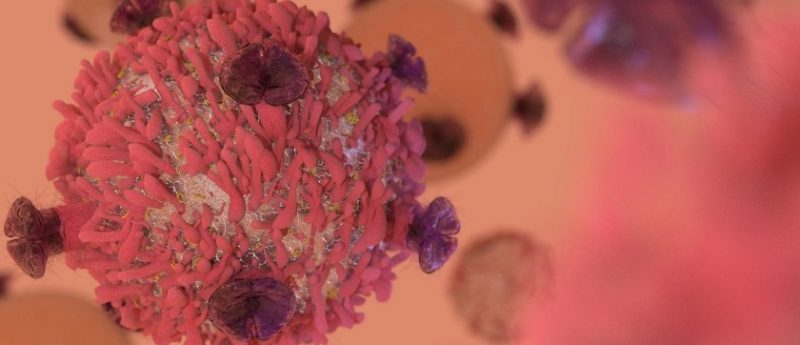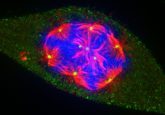Pancreatic ductal adenocarcinoma: study links collagen to prognosis

In a study published recently in Oncotarget, researchers at the University of Wisconsin (WI, USA) have demonstrated that particular alterations in the alignment of collagen may act as a marker of prognosis in pancreatic ductal adenocarcinoma (PDAC).
Although pancreatic cancer survival rates have been improving decade on decade, it still has one of the lowest 5-year survival rates. In this study, the researchers obtained tissue from 114 PDAC patients who had undergone curative-intent surgery. Utilizing second harmonic generation microscopy they quantified collagen fiber segmentation in relation to patient survival. They demonstrated that collagen alignment is elevated around PDAC cells and is related to poor patient prognosis.
Corresponding author Kevin Eliceiri (University of Wisconsin) commented: “We did not know anything about survival when we measured the alignment of the collagen in tumors from 114 pancreatic cancer patients. When we looked at the clinical records, we found that the tumors with highly aligned collagen fibers had the worst survival. To our knowledge, this is the first time this technique was used for prognostic purposes in pancreatic cancer. It would be amazing if we could use these differences in collagen patterns to help discover new therapeutic targets for this devastating disease.”
The researchers state that further research is required to fully understand the microenvironment of PDAC in order to aid better prognosis and treatment of this disease.
Sources: Drifka CR, Loeffler AG, Mathewson K et al. Highly aligned stromal collagen is a negative prognostic factor following pancreatic ductal adenocarcinoma resection. Oncotarget 10.18632/oncotarget.12772 (2016); University of Wisconsin press release




